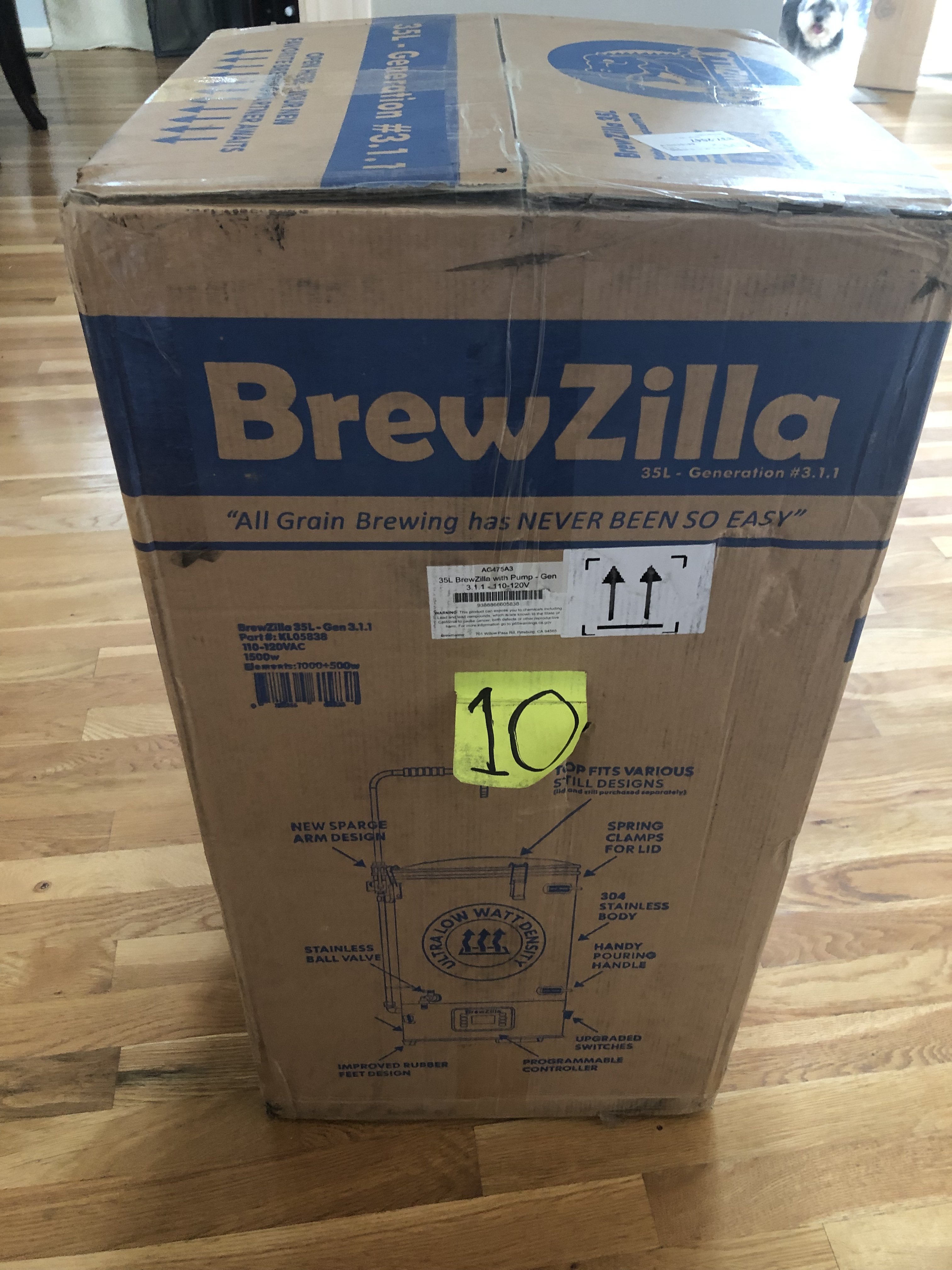DuncB
Well-Known Member
@Cloud Surfer
I think plan to do a parti gyle next time you do a barley wine. Sparge it into a fermenter whilst you finish the boil in the brewzilla. Then see what gravity you have and you might get 10 or more litres of session beer.
I think plan to do a parti gyle next time you do a barley wine. Sparge it into a fermenter whilst you finish the boil in the brewzilla. Then see what gravity you have and you might get 10 or more litres of session beer.




















































![Craft A Brew - Safale S-04 Dry Yeast - Fermentis - English Ale Dry Yeast - For English and American Ales and Hard Apple Ciders - Ingredients for Home Brewing - Beer Making Supplies - [1 Pack]](https://m.media-amazon.com/images/I/41fVGNh6JfL._SL500_.jpg)





